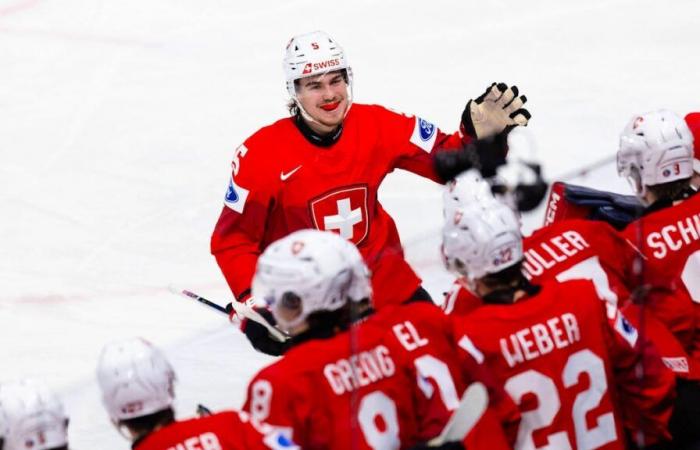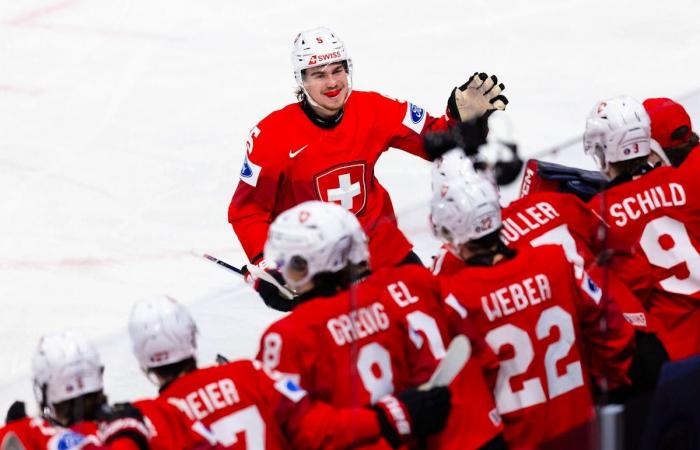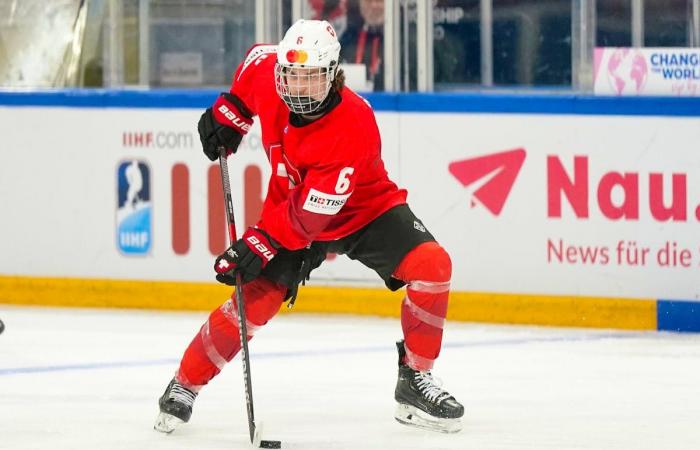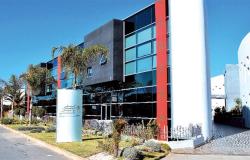The Swiss U20 team, here Léo Braillard (selected again), reached the quarter-finals of the Gothenburg World Cup a year ago.
IMAGO/Bildbyran
Skating in front of 9,000 people at 20 years old – or younger – is not normal. But this is the reality that awaits young Swiss players, starting this Thursday, at the U20 World Championship in Ottawa (from December 26 to January 5).
Placed in group B, the selection coached by Marcel Jenni is preparing to face, in addition to Czechia in the opening round, Slovakia (Friday at 11 p.m. Swiss time), Sweden (Sunday at 7 p.m.) and Kazakhstan (Tuesday at 6 p.m.) at TD Place, the home rink of the Ottawa 67’s of the Ontario Hockey League (OHL).
A good part of the young Swiss internationals selected for this Ontario tournament, more accustomed to a certain anonymity, will thus discover for the first time the popular fervor and media exposure inherent to the organizing country, Canada.
Technician Alex Reinhard remembers “crazy” experiences in Vancouver, Kelowna and Kamloops (2005-2006), Saskatoon and Regina (2009-2010) or Calgary and Edmonton (2011-2012).
“People are hungry for hockey”
“In principle, the cities where the World Cup takes place are very large,” recalls the former assistant coach of the Swiss U20 team. People there are hungry for hockey. From the moment they realize you’re part of a hockey team, whether you’re a player or a staff member, they want to talk to you. Everyone is interested in the event.”
The current coach of Lausanne HC’s elite U20s, on the Swiss bench eight times at an U20 World Cup (between 2004-2005 and 2011-2012), illustrates his words with a “marking adventure”.
“We get on the bus with the other members of the staff and, to prove to you how much they really are all hockey freaks in Canada, our driver turns around, calls out to us and asks: “Why at such a shift at such a time, Did you put a right-handed person rather than a left-handed person?” He engaged in an expert discussion, even though we had just come out of our match!”
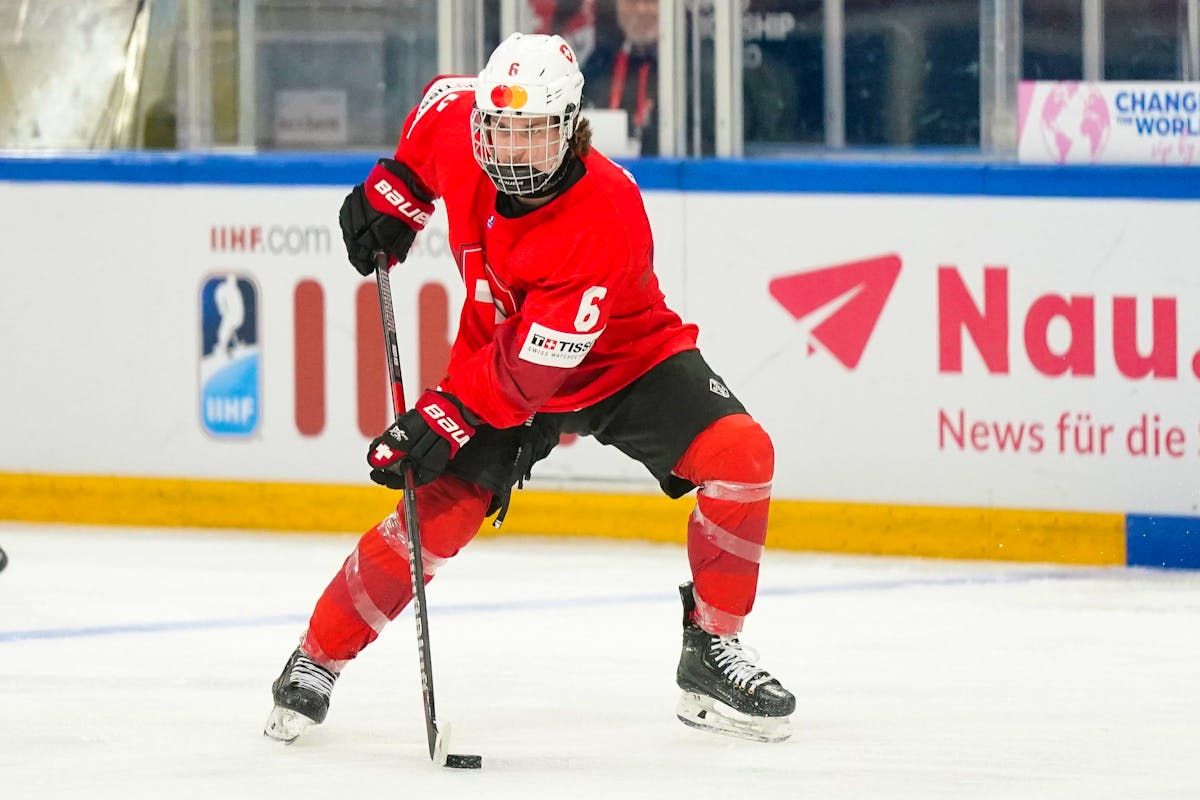
Jamiro Reber will be one of the Swiss to follow in Ottawa.
freshfocus
Years later, the Bernese Jura resident still smiles about it. Sportingly, he also remembers big differences in the approach to matches and the context in which they took place.
“There are really a lot of people attending this tournament in Canada,” he says. You’re playing in front of thousands of people, all excited. There are also a lot of scouts and agents, who are in the starting blocks. The interest is really huge there, also from the media. The players are really taken into consideration.
Few players with a white cross passport, however, have the experience of such exposure. “The World Championship, especially there, is at a greater level than anything they have experienced,” assures Alex Reinhard.
Beware of the other side of the coin
Obviously, the role of the technical staff and management of the Swiss team is essential in order to best protect the country’s best hopes. An evolution experienced from the inside by the former coach of HC La Chaux-de-Fonds.
“As the years went by, we began to have players with clear potential,” he says. People’s overall interest was growing. We had to find certain rules so that the players weren’t too distracted. At their age, it happens quickly. And we needed our guys to really be at 100% of their qualities to hope to achieve results.”
The list of Swiss selected for the Ottawa World Cup includes several elements trained in the National League or other leagues or leading game categories. An advantage for coach Marcel Jenni?
“Yes, it’s important and it can obviously be beneficial,” says Alex Reinhard. But there is the other side of the coin as well. There is the risk that the expected players will seek attention to try to take the next step in their career and that they will engage in individual actions to the detriment of the collective. Or the structure fails to protect them sufficiently and they completely miss the point.”
It’s up to Jamiro Reber, Lars Steiner and others to find the right formula to get out of their group. And why not discover the Canadian Tire Centre, home of the Ottawa Senators with a capacity of 18,652 seats, during the knockout phase? History of testing Canadian madness to the end.

